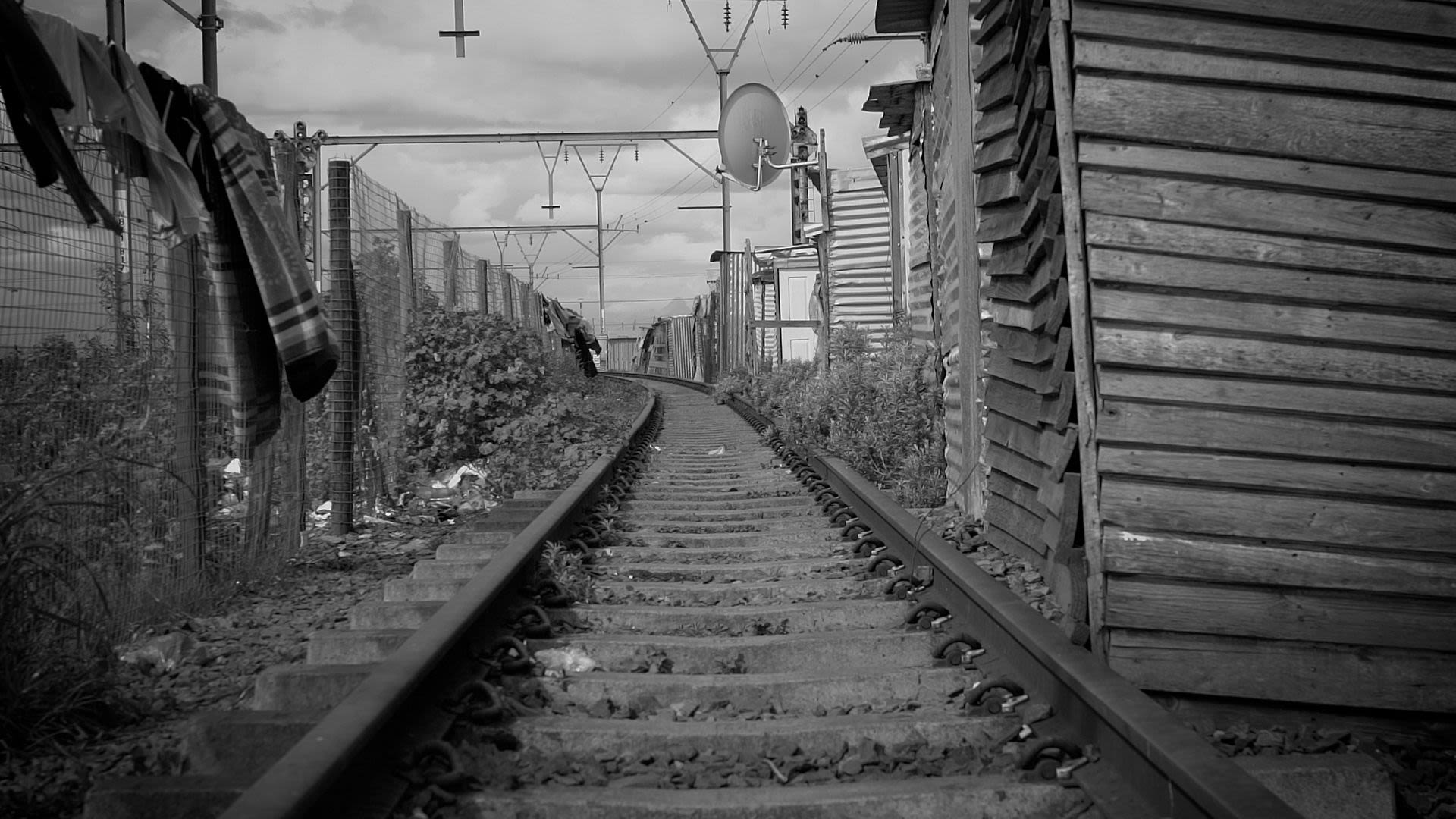



Cape Town's Central Line, stretching from the city centre to Khayelitsha and Mitchells Plain, was last fully functional in 2019.
Its prolonged closure and plans to reopen have been marred by continued vandalism and incidents of extreme violence. Described as one of the most essential passenger rail corridors in the country, the Central Line was, in its prime, responsible for transporting around half a million Cape Town commuters.

These daily passenger volumes made the line the busiest of all corridors in the country, according to the Passenger Rail Agency of South Africa (Prasa). But poor security measures, resulting in wholesale vandalism and illegal occupations, have dismantled the Central Line, with the situation worsening during the pandemic-induced lockdown.
In BLOOD ON THE TRACKS, a new documentary by News24, we explore the financial and human cost of the closure of this locomotive.

The story of the Central Line's recovery plan, involving securing the corridor and relocating informal settlements, has been defined as a "cocktail of murder and mayhem" by social activist Zackie Achmat.

"Loyiso died fighting for the people. Nobody now will have the courage like Loyiso, including myself."

Today, hundreds of thousands of commuters, living far from economic opportunities, have been left stranded, forced to rely on much more expensive modes of transport to get to work and school.
The story of the Central Line's recovery plan, involving securing the corridor and relocating informal settlements, has been defined as a "cocktail of murder and mayhem". However, Prasa says it is working on restoring the line; a large part of this requires that informal settlers be relocated. The timeline for this process is yet to be established.


Luke Daniel, News24 Multimedia journalist
"Suddenly, the trains were gone," says Mbuyiselo Sibambani while waiting for a taxi near Zone 14 in Makhaza, Khayelitsha.
Situated 35km from Cape Town's city centre, Makhaza is one of the many areas born out of the country's segregated history.
Sibambani is just a five-minute walk away from Chris Hani train station, one of the last stops of Cape Town's central passenger rail corridor.
The station stands empty. Doors are shuttered, and windows are boarded up. Red rust stains drip down the building's façade. A train hasn't passed by in four years.
The cost of commuting has tripled
For Sibambani and other Khayelitsha residents, Chris Hani station exists as a painful reminder of the collapse of passenger rail and the reality of a public transport burden borne by the city's poor and working class.
It's not just Chris Hani station, which lies idle, chipped away at by the elements and opportunistic vandals. It's one of 11 disused stations along the latter half of Cape Town's Central Line, which stretches from the city centre to Khayelitsha and Mitchells Plain.
Each abandoned station along this troubled line represents socioeconomic strife and the heavy, unshakeable chains of poverty draped across the shoulders of thousands of households.
Since the screeching of train wheels turned to silence, the cost of Sibambani's commute to work has almost tripled, and he now spends more than a third of his income on transport.
"It now costs us a lot," he says, explaining that travelling by taxi costs more than R1 000 a month, whereas commuting with the train cost only R400.
The city's main artery is blocked
It's a story shared by most of the nearly half a million daily commuters who travelled on the Central Line prior to its complete collapse in 2019.
The corridor's total breakdown, resulting from state capture-related corruption, mismanagement, infrastructure damage, and, finally, the illegal occupation of railway land, has reinforced poverty in Cape Town's poorest communities.
Cape Town's public transport conundrum is exacerbated by its legacy of apartheid spatial planning, which relegated poor and working communities to the city's outer limits, far from most economic opportunities.
Cape Town's passenger train system, when functioning, addressed this issue by providing affordable, subsidised transport, which, although marred by security issues and unreliability, was generally regarded as the mover of the city's working class.
This was especially true for the Central Line, the main artery of the city's rail system and the busiest corridor in the entire country.
In Cape Town, one of the most unequal and racially segregated cities in the world, affordable public transport becomes a pivotal counterbalance to deep-seated socioeconomic inequality by reducing barriers to opportunities.
Stranded and strained commuters have little faith in the Central Line reopening in early 2024, the timeline set by the Passenger Rail Agency of South Africa (Prasa), citing the arrival and departure of several previous deadlines.
"We're frustrated [and] we're struggling," says Lumkile Sizila, a community activist and commuter in Khayelitsha.
"The train is only running to Nyanga [and] we need it to come to Khayelitsha because there is no more money and the high rate of unemployment is only going up… but I don't trust [that] Prasa will bring the trains back [by March 2024]."






Luke Daniel | News24
Luke Daniel | News24

Luke Daniel | News24
Luke Daniel | News24

Luke Daniel | News24
Luke Daniel | News24

Luke Daniel | News24
Luke Daniel | News24

Luke Daniel | News24
Luke Daniel | News24
Your support affords us the time and resources to produce rich, in-depth journalism that matters.




